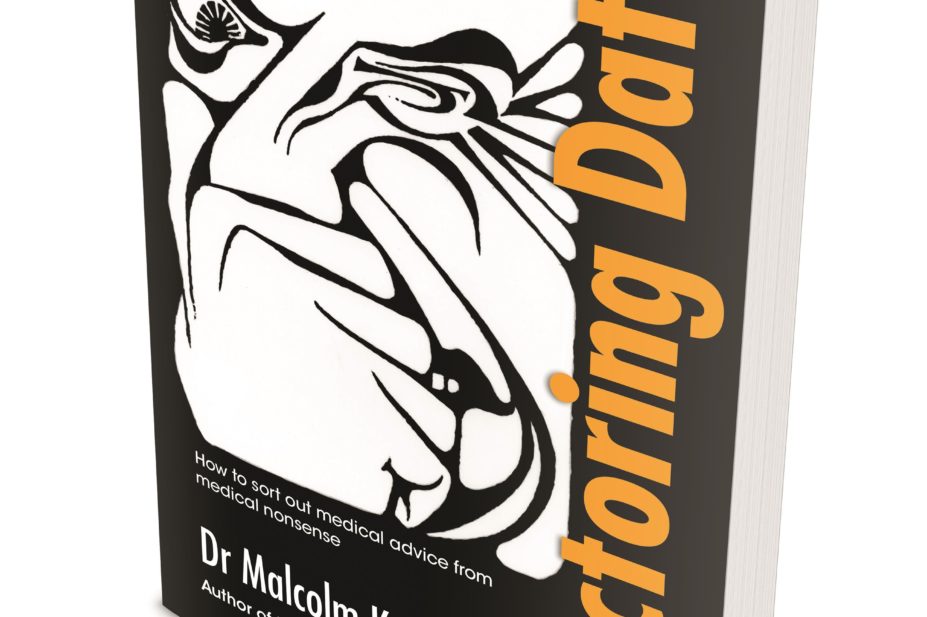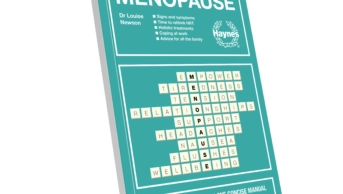
The medical promotional literature often shows that taking drug “x” will reduce the risk of a disease by as much as, say, 20%. In this book, Malcolm Kendrick illustrates how such statistics or data are often portrayed in such a way as to illustrate the benefits or harms of a particular course of action (hence the “doctoring” in the title) but, in many instances, are misleading.
The first chapter deals with the important but often overlooked fact that association does not necessarily mean causation. He describes how the use of hormone replacement therapy became widespread based on observational data that suggested a reduced risk of cardiovascular disease. Unfortunately, such data could only demonstrate an association and, when tested in a randomised trial, there was found to be no benefit.
A later chapter discusses risk and, in particular, how risk is portrayed to augment the magnitude of the benefits from a treatment or procedure. This is achieved in medical advertisements through use of the relative risk rather than the absolute risk reduction, which is generally much smaller. Perhaps more worrisome is the fact the studies show that doctors will choose to prescribe a treatment based on the relative rather than the absolute risk reduction, probably because we are all impressed by larger numbers. A later chapter discusses how statistics are misused to support the benefits of screening programmes while, in another, he dissects various guidelines, exposing various flaws, especially in those related to hypertension.
Kendrick then argues that, when facts supposedly cast in stone are challenged, the establishment rises up to quash dissenting voices. For instance, one large study showed that mortality was lowest for those with a BMI of between 25 and 30, but guidance has not changed and we are still advised to aim for BMI of between 18 and 25. The author is a known cholesterol sceptic and provides a convincing argument as to why statins are overprescribed. Another chapter looks at how doctors are paid vast amounts of money by big pharma, only for these individuals to become key opinion leaders (KOL), who will hopefully be listened to with the result that prescribing habits change in favour of the treatment advocated by the KOL. Although direct payment to doctors is now frowned upon, a method of circumventing this is for a pharmaceutical company to support a charity. If the KOL then “works” for the charity, the funding source becomes less transparent.
Although it sounds like the author is having a rant, he is not. The simple message from the book is that we should not simply accept the numbers at face value and, if anything, become more questioning. If you suspect a hidden agenda then there probably is one.
Pharmacists and pharmaceutical scientists will like the book. It will show them how statistics are used to terrify or provide false hope, and examines some of the drivers behind such behaviour. It is a fantastic, but more importantly worrying, forage into the world of medical misinformation.
After reading this book, the next time you see a drug representative with a glossy brochure that contains impressive looking benefits you will view such data with healthy dose of scepticism.
References
‘Doctoring data’ by Malcolm Kendrick. Pp 279. Price £14.99. Monmouthshire: Columbus Publishing Ltd; 2015. ISBN 978 1 19077974 6 0


